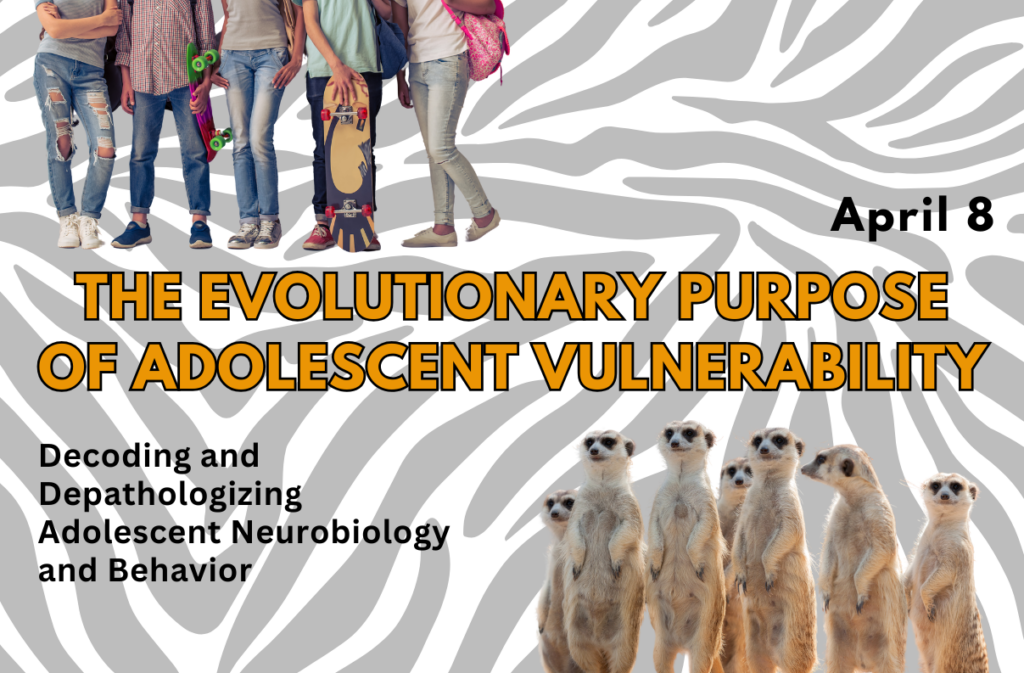Leadership at the intersection of health, ethics, technology, and law.

Upcoming
Featured

Health Law as Private Law: Pathology or Pathway
Our new edited volume grew from the Petrie-Flom Center’s 2023 annual conference. It explores the intersection of private law and health care, especially how private law (as opposed to government regulation) might be a tool for achieving health care reform or addressing a significant health care or public health problem. Chapters discuss private law theory and structure, reproductive care, costs and financing, innovation and institutions, and contracts and torts. I. Glenn Cohen, Susannah Baruch, Wendy Netter Epstein, Christopher Robertson, and Carmel Shachar edited the volume, which is available open access now.
Our Focus Areas
Latest
-
Current Newsletter
Our most recent newsletter Full newsletter archive
-
Marching Toward Gambling Madness (Pt. 1)
It’s time to fill your bracket and brush up on your ball-knowledge: March Madness is here. The iconic college basketball tournament has been a staple of the sports calendar for nearly a century, but the stakes of this year’s tournament are higher than ever before.

-
Health Law as Private Law: Pathology or Pathway
Editors: I. Glenn Cohen, Susannah Baruch, Wendy Netter Epstein, Christopher Robertson, and Carmel ShacharPublisher: Cambridge University PressPublication Date: March 2025 This edited volume is based on the Petrie-Flom Center for Health Law Policy, Biotechnology, and Bioethics at Harvard Law School’s annual conference: “Health Law as Private Law.” This conference explored the intersection of private law and health…
-
Hims? Hers? It’s Novo Nordisk’s Semaglutide Market Now
Between Feb. 19-26, shares for the telehealth company Hims & Hers Health, Inc. plummeted. The reason for the sudden drop in its stock price? An FDA announcement that semaglutide injection products, the GLP-1 medication in the blockbuster drugs Wegovy and Ozempic, are no longer in shortage.

-
When Clinical Trials Meet Patents: Finding Balance in Law
Transparency rules in clinical trials attempt to strike a balance between ensuring essential safety and efficacy data reaches the public, and preserving truly proprietary information that fosters innovation.


Explore more from our blog
Latest episode of our podcast
Fireside Chat: I. Glenn Cohen and Rochelle Walensky
Professor Glenn Cohen, Faculty Director of the Petrie-Flom Center at Harvard Law School interviews Dr. Rochelle Walensky, 19th Director of the Centers for Disease Control and Prevention and Senior Academic Fellow at the Petrie-Flom Center. They discuss Dr. Walensky’s career as an infectious disease clinician focused on HIV/AIDS, her experience leading the CDC during COVID-19, and her reflections on public health infrastructure in the United States and internationally.






